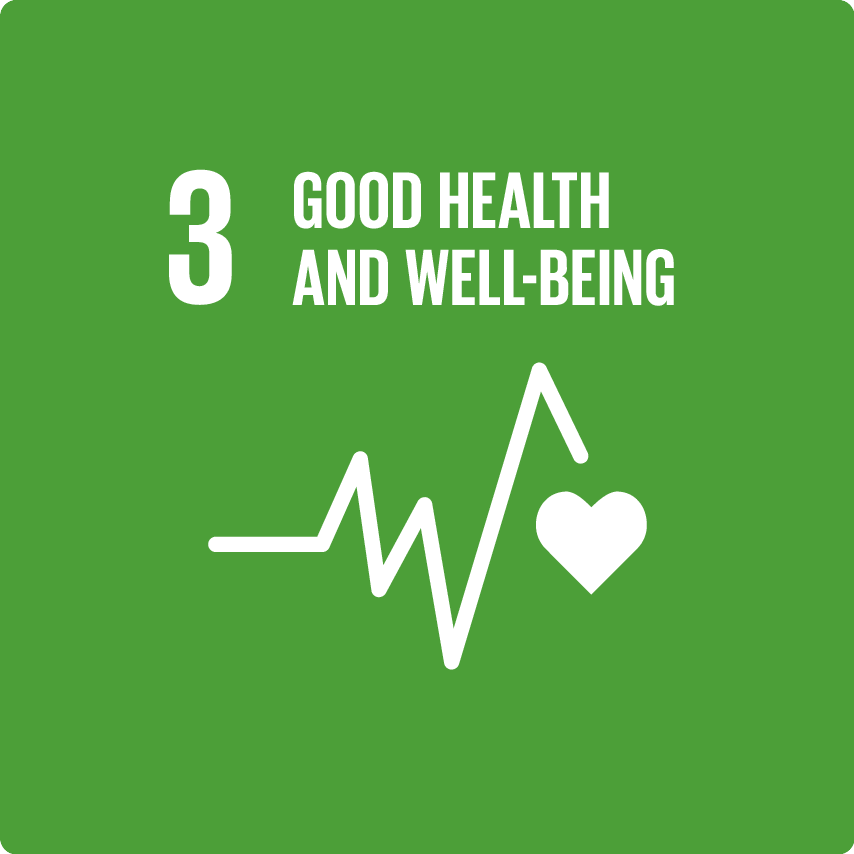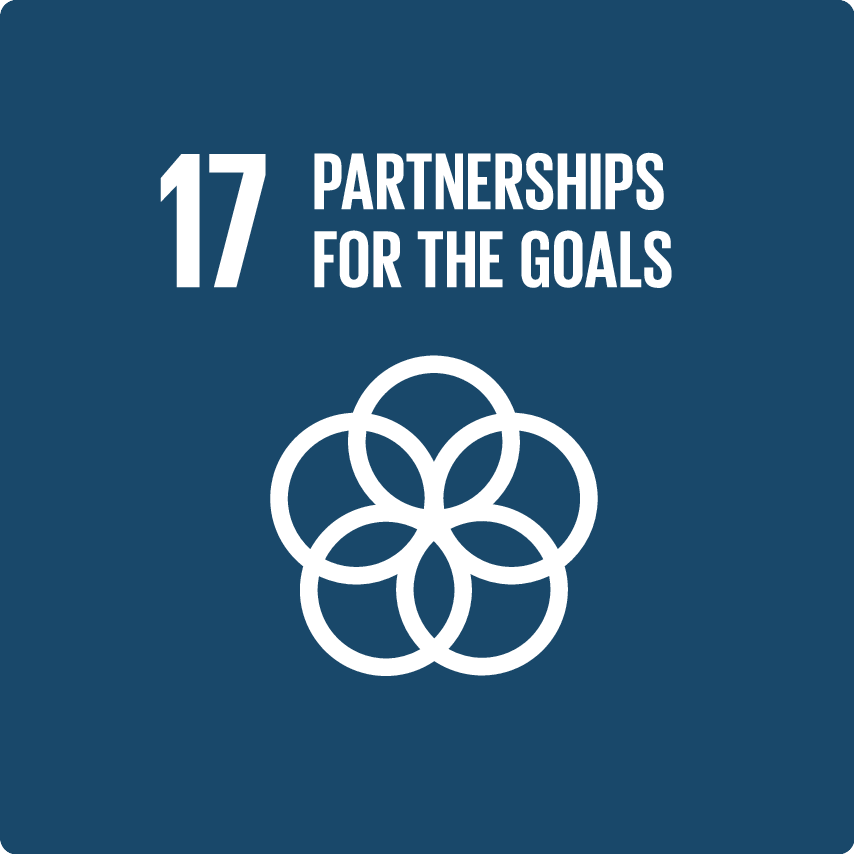Strategic Training Executive Programme (STEP2.0)
Strategic Training Executive Programme (STEP 2.0) helps chain managers in LMICs hone their skills and provide more effective local health systems strengthening and supply chain leadership.
SEE ALL PARTNER ORGANIZATIONS
Objectives
- The STEP 2.0 program aims to help local supply chain managers in LMICs hone their skills and provide more effective local health systems strengthening and supply chain leadership.
- The STEP 2.0 program aims to increase access to medicines and vaccines by investing in the training and development of the next generation of local skilled and talented leaders in global health in Africa and developing countries.
Health supply chains are becoming increasingly challenging to manage, particularly when it comes to implementing universal health care, where service delivery efficiency is critical. Health supply chain managers ensure the availability of essential vaccinations and health commodities. Still, in LMICs, health supply chain workers often lack the necessary skills, with training emphasizing technical and operational abilities (hard skills) above strategic skills (soft skills). As a result, health supply chains are often limited in their ability to meet current demands, threatening individual health, national health goals, and governments’ and partners’ health supply investments.
The Strategic Training Executive Program, also known as STEP 2.0, managed by People that Deliver (PtD), is a professional development tool specifically tailored to the needs of health supply chain leaders and managers. It combines self-paced learning, facilitator-led training, on-the-job leadership application, and coaching support. STEP 2.0 brings public sector supply chain managers (delegates) together with private sector supply experts (coaches).
This program expands on Gavi’s original model, which was developed in 2015 to improve the management capacity of immunization supply chains through a structured training program. The program emerged to address the lack of skilled Expanded Program of Immunization (EPI) managers and staff in low-income countries.. The local people who manage health supply chains are critical to their success, as they are the ones that need to make optimal decisions and develop strong local and regional teams that are capable of delivering sustainable change.
Partnership activities and how they address needs and challenges
The project focuses on ensuring that EPI staff have the appropriate level of expertise, authority, and resources to implement and oversee the EPI delivery model. This is accomplished through STEP leadership training at established training centers and academic institutions in the Gavi priority countries of Nigeria, DRC, Pakistan, India, and Ghana.
The STEP program aims at improving health outcomes by working with Gavi, countries, and partners to put in place five supply chain fundamentals towards supporting Gavi’s 2020 targets:
- Supply Chain Leadership: At least 30 countries have dedicated and competent supply chain leaders with adequate numbers of skilled, competent, accountable personnel at all levels of the health system.
- Supply Chain Continuous Improvement Plans: All Gavi countries have developed and are implementing a comprehensive immunization supply chain management plan.
- Supply Chain Data for Management: 20-30 countries are using data to oversee and manage key aspects of their immunization supply chain, specifically around availability of vaccines at the service delivery level, storage and transport conditions, and efficient stock management.
- Supply Chain Cold Chain Equipment: The right equipment is in the right place in all Gavi countries, providing adequate storage for current and planned vaccines, decreased maintenance requirements, and lower running costs.
- Supply Chain System design: At least 10 Gavi countries have followed an evidence-based design process resulting in improvements in supply chain effectiveness and sustainability.
Results and milestones
The original STEP program benefited over 300 participants from 22 LMICs thanks to the support of the UPS Foundation, the IFPW Foundation, and its member partner, GSK.
The pharmaceutical industry has played a vital role in the successful development of this program through the supply of know-how and financial resources:
- In 2019, Merck sent a group of senior directors and executives to Benin to act as STEP coaches – which was hailed as a success by participants and helped them improve in their roles.
- COVID-19 disrupted in-person teaching and STEP was challenged with creating a virtual version of the program. Johnson & Johnson used its experience in online training and contributed significant expertise to transform this program into an entirely remote training program.
- The virtual STEP Zambia course has been made possible through financial support from GSK.
- To date, STEP has trained more than 350 delegates representing 24 LMICs, via 14 courses. Delegates from these programs have implemented new leadership initiatives. Skills such as establishing management information systems across several countries, creating pharmaceutical stock monitoring systems, and quality monitoring processes have been applied to real-world supply chain challenges.
Geographic Reach
- Africa
- Eastern Mediterranean
- South-East Asia
Disease Area
- Infectious and Parasitic Disease
Target Population
- People with low incomes
Partner organizations
Global Fund to Fight AIDS, Tuberculosis and Malaria
Gavi, The Vaccine Alliance
US Agency for International Development (USAID)
People That Deliver
Geographic Reach
Africa
- Democratic Republic of the Congo
- Ghana
- Nigeria
Eastern Mediterranean
- Pakistan
South-East Asia
- India
Disease Area
Infectious and Parasitic Disease
- Pneumococcal Disease

